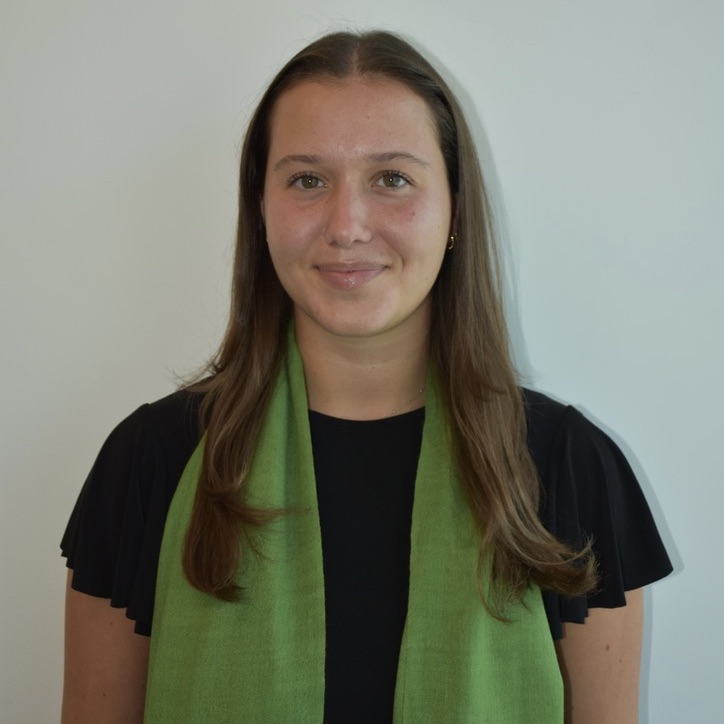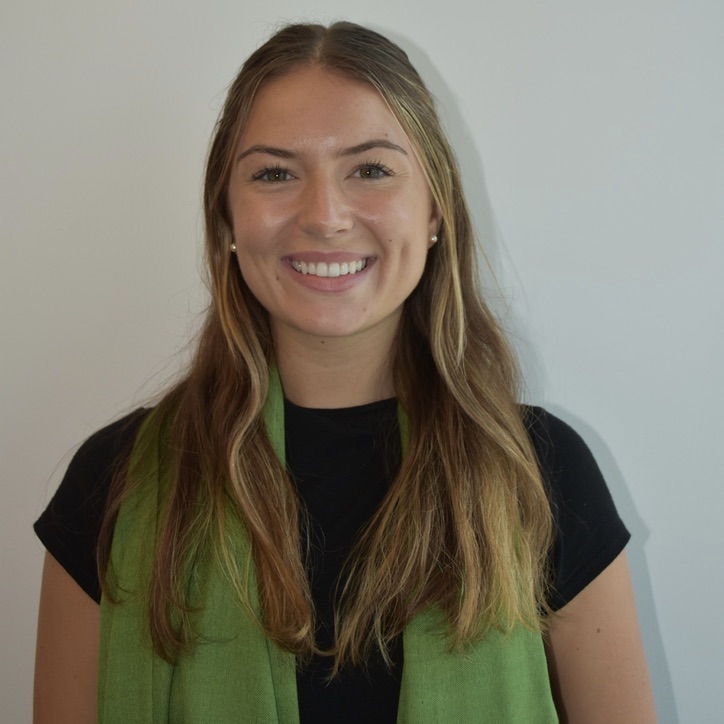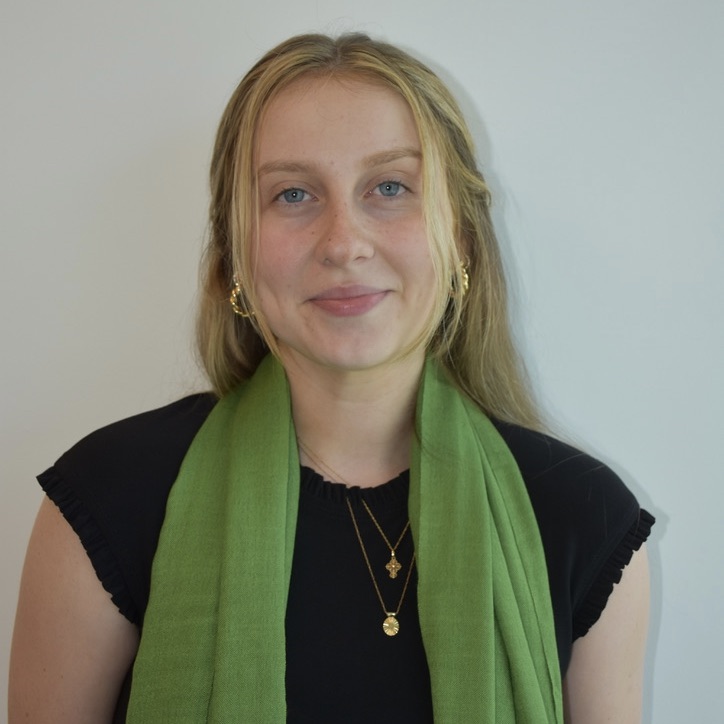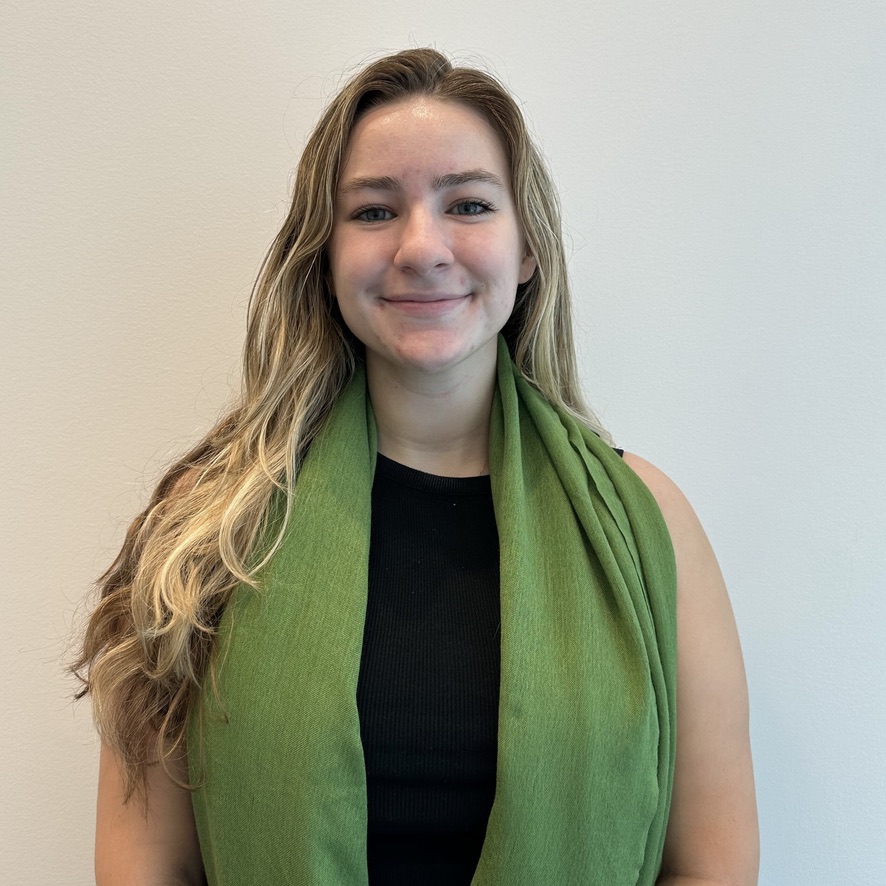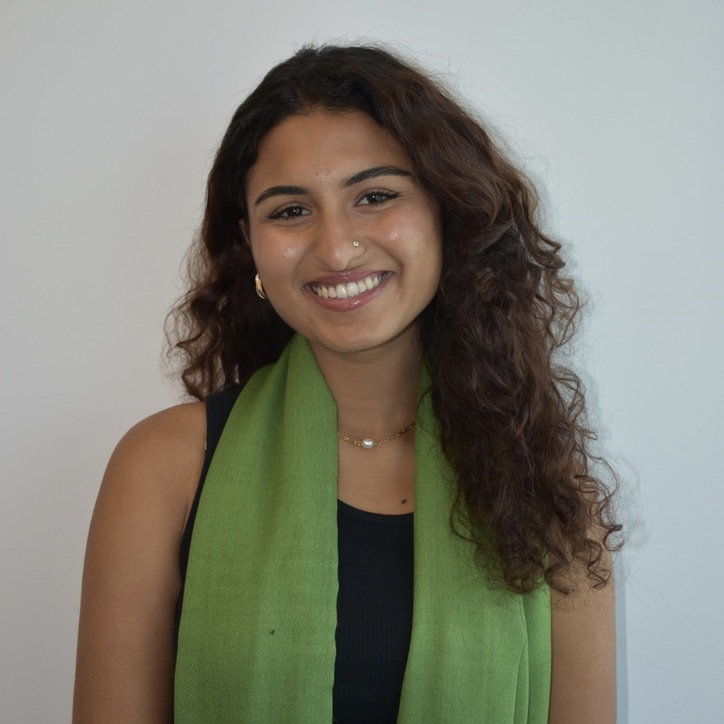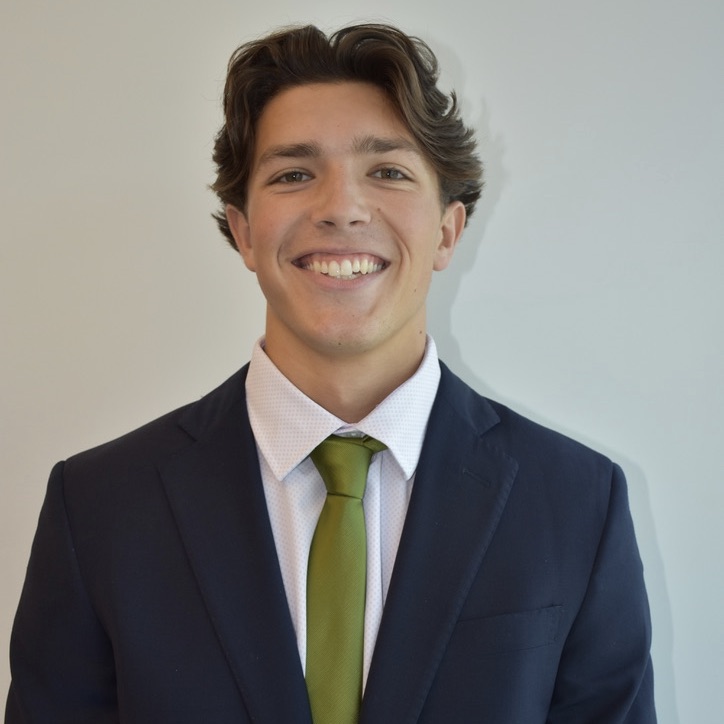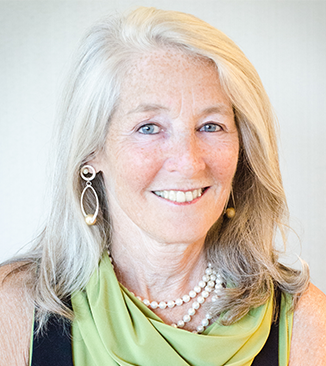
“See these?” said the radiologist pointing to my mammogram results in February 2010, “They are concerning.”
How many women have heard that word and flipped into fear mode? With so many friends hearing false positives, I held my denial near and dear throughout the waiting process. A couple of months later, I nearly fainted at the results of a biopsy. Breast cancer.
I’m not unique. Nearly 300,000 women received the diagnosis this year. There are more than 2.8 million women with a history of breast cancer in the U.S., 85% of which have no family history of the disease. So what is causing it?
As my treatment plans were put in place, I began the arduous and all-consuming task of doing research on the disease. Serendipitously, that month, the President’s Cancer Panel said in their landmark report that “the true burden of environmentally induced cancer has been grossly underestimated.” As the author of The Eco Foods Guide (2002), I was keenly aware of the role of pesticides on public health. During my treatment, the reality hit me of the impact of the 85,000 largely unregulated chemicals used in our marketplace. While I slogged through treatment and recovery from it, the news made me feel sick.
Two days after my last radiation treatment, drained and exhausted, I returned from speaking at the Natural Products Expo to have conversations with students who wanted to help me write a book about the subject. Slowly over time, the team of dynamic young women declared, “We need to share this now!” The book was postponed and an online communications initiative began.
Serendipitously again, I came across applications for a training on this very issue led by high-level scientists – breast cancer and the environment. I applied and was flown across the country to dive in along with other advocates, including staff members from Susan G. Komen, writers, and government officials.
Back on campus, the team expanded and the organization officially launched. Suddenly, hundreds of followers on social media were exposed to these important messages. Serendipity continued when I was introduced to a world renowned endocrinologist studying the effects of many of these concerning chemicals on the body. One of the five international (and only U.S.) authors of the “State of the Science on Endocrine Disruption,” Dr. R. Thomas Zoeller has his lab across the street from my office. With Dr. Zoeller as our science advisor ever since, the importance of staying engaged with the newest discoveries and most up-to-date science on the subject has been possible. We are so grateful to our ongoing advisors who keep us informed.
One more significant thing happened that year that clarified our direction. The Institute of Medicine came out with a report indicating breast cancer was a “life stage” disease. Sharing information with college students who might share with their moms – the women being diagnosed – was important. The idea that it was actually the college women themselves are most vulnerable to chemical exposure, setting themselves up for a diagnosis later in life, was overwhelming on many levels.
My daughter was college-aged. My students, who surrounded me every day, were college students. The newest science clearly shows women are most vulnerable during the years up and through the first full term pregnancy. It is NOT women in their fifties. It is the young women who think nothing of a potential diagnosis that need most to avoid toxins in everyday products now and throughout their pregnancy – for their own health and for the next generation.
We were stunned. Our realization of the importance of our work skyrocketed as we unwrapped the gift of college women sharing with college women. Our directive was made crystal clear: translate the science into messages that young women can apply to themselves now – immediately – to protect their breasts and prevent a diagnosis later in life. Protect Our Breasts was born.
Cynthia Barstow, Founder & Executive Director (she/her)
The 2023-2024 National Executive Board
The Protect Our Breasts communications initiative is an interdisciplinary project of marketing and biology at the University of Massachusetts Amherst and hosted by the Isenberg School of Management. A team of students from across the academic specialties from finance to public health work together to research and share the scientific discoveries and safer alternatives to everyday toxins. While the science presents a web of causality for breast cancer, we are dedicated to snipping away at these potential causes. We adhere to the Precautionary Principle while we still “lack irrefutable proof of harm.” Protect Our Breasts approaches the communication about safer alternatives or solutions to chemical safety in two ways. Our first approach is information sharing. We “share the conversation” meaning what science-based breast cancer organizations, science sources and others who are highly-respected for their work in this field, are discovering about these chemicals of concern and the solutions for avoiding them. In addition to communicating to our online community, Protect Our Breasts participates in and hosts a variety of events held on the different campuses throughout the academic year. At these events, chapter members have the opportunity to share both information and “a safer alternative product”. The reasoning behind sharing these products is to support companies who are making change in the marketplace while providing a solution to students who often feel burden by the idea that “everything causes cancer.”

